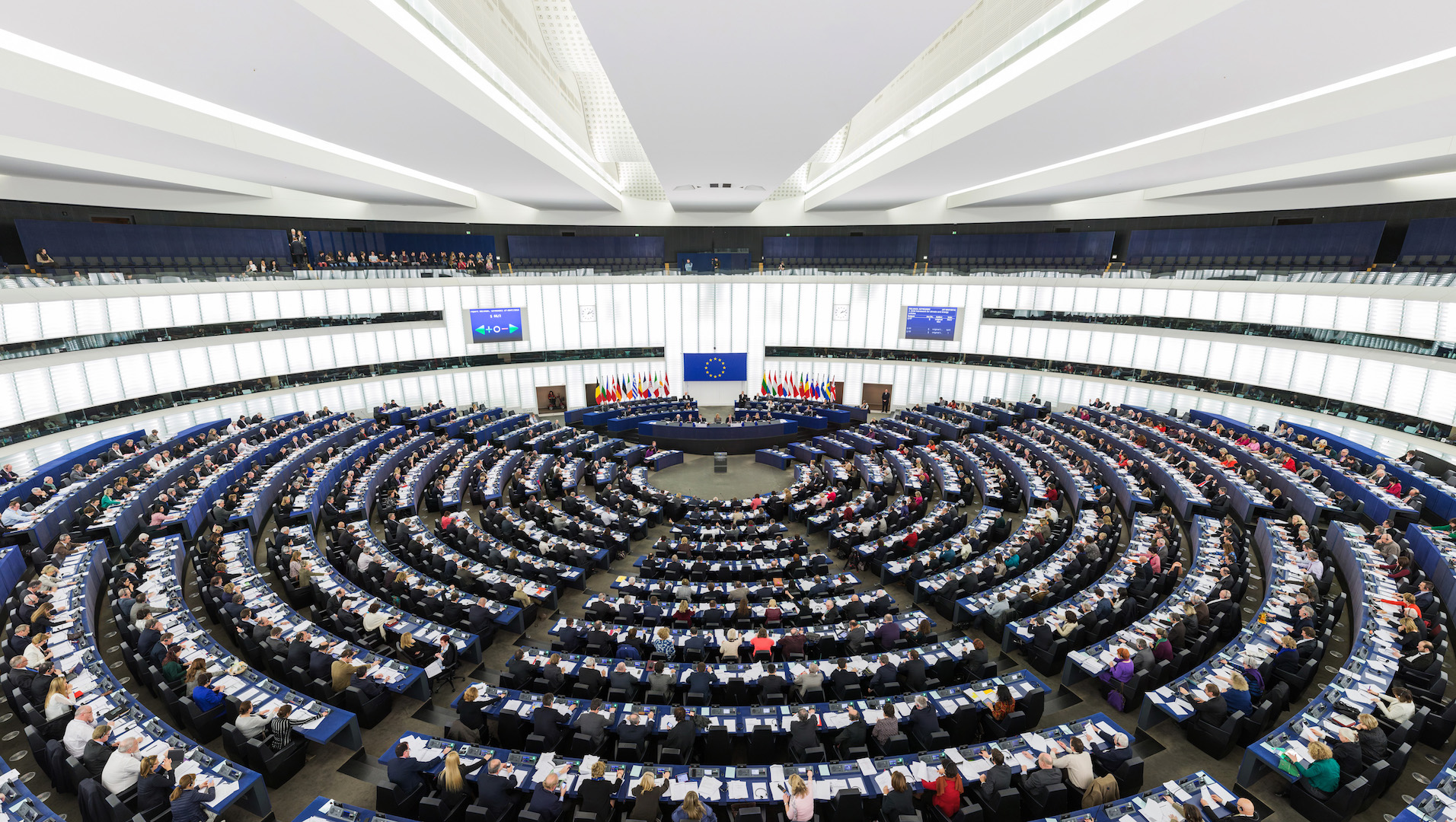Global trade has been a pivotal stabilizing force in undergirding the post-Cold War international order. The rules-based global trading system embodied in the World Trade Organization (WTO) unleashed an era of rapid trade liberalization, free trade agreements, common markets and an unprecedented monetary union among EU states. These positive developments on trade enabled the rapid expansion of the global economy and helped cushion the detrimental effects of a fraught and violence prone international security environment. Two-way trade flows in goods and services fueled economic growth across nations, created millions of jobs and spread peace and prosperity around the world. Global trade statistics show that merchandise trade grew from $3.5 trillion in 1990 to $16 trillion in 2016. This exceptional growth in global trade could be put at risk if current trade protectionist trends witnessed in the U.S. and elsewhere around the world slide into an irrepressible drift in trade policy, with potentially devastating consequences for global prosperity.
U.S. Trade Protectionism Under Donald Trump
U.S. President Donald Trump’s ‘America First’ economic and trade strategy threatens to overturn decades of U.S. trade policy and damage the very foundational architecture of the liberal world order that the U.S. was instrumental in creating after World War II. Before Trump, U.S. trade policy operated within the ambit of an elite consensus, affirming that free trade was good for America and for the world. Under Trump, the ‘free trade’ consensus which crisscrossed party lines is dead and the naysayers who make up Trump’s inner circle of economists are among the most strident economic and trade nationalists. While some sections of the population in the U.S. have gained from globalization and free trade, some others have been losers. Many of the manufacturing jobs have shifted to low-wage locations. To a large extent, the current frenzy of trade protectionism is a direct fallout of the rapid changes in the U.S. domestic political economy. It is the by-product of a new form of identity assertion anchored in race, ethnicity, nationalism and fear. The hollowing out of jobs in traditional industries, like steel and automobile, is having a disproportionate impact on the semi-skilled sections of the U.S. workforce and fuelling trade wars.
Trump has initiated trade wars on multiple fronts through a series of steps to operationalize his ‘America First’ trade strategy, not even sparing the most trusted U.S. allies. First, Trump announced America’s unilateral withdrawal from the Trans-Pacific Partnership, a new multilateral trade deal involving countries spread across Asia, North America and Latin America. Trump vilified the deal for jeopardizing the interests of American workers. Second, Trump pushed for renegotiating the 25-year old NAFTA trade agreement with Canada and Mexico, arguing that the current terms of the deal harmed American trade interests. The U.S. imposed tariffs on steel and aluminum on controversial national security grounds against Canada and tariffs on America’s EU allies. The U.S. also seeks to alter the U.S.- China trade imbalance to the tune of $200 billion over five years. It has actively resisted Chinese investment in key high technology industries and initiated trade negotiations with China to reduce the ballooning trade deficit, measures that previous American administrations have refrained from taking to counter China’s mercantilist trade policies. In essence, U.S. trade activism is unsettling stock markets and beginning to impact the health of the broader economy.
China’s Response to U.S. Protectionism
As the world’s largest trading nation and a major economic competitor and trading partner of the U.S., China has a major stake in how U.S. trade policy takes shape in the coming years. The Chinese have adopted a dual track approach to trade policy. On the one hand, China is implementing a more liberalized trading regime, particularly when it comes to importing consumer goods to rebalance its trade dependent economy. On the other hand, it is taking retaliatory steps against U.S. imports by slapping duties on specific U.S. commodities like soybeans and placing curbs on sectors like Internet and software that have national security implications and, in China’s view, infringe on its sovereignty. Despite Chinese President Xi Jinping’s commitment to free trade in a speech delivered at the World Economic Forum (WEF) in January 2017, China is a lot more squeamish about allowing foreign investors into its high technology sectors. China is erecting new trade barriers against investments in its key high technology industries such as green energy, Internet of things, biotechnology and artificial intelligence, among others. Only time will tell if China’s response to U.S. trade actions will fundamentally reshape the U.S.-China trading relationship in the coming years.
The Future of Global Commerce
The consequences of U.S. trade protectionism are manifold. First, the global trading system and a harmonized tariff regime based on WTO rules is under severe strain. There are no signs that the U.S. initiated trade war is likely to subside anytime soon, with the U.S. suing its own allies and China at the WTO for retaliating against its tariffs. Second, the consequences of the tectonic shift in U.S. trade policy could possibly reshape the global economic order in negative ways, with broad ranging ramifications for American global primacy. Finally, America’s allies and competitors have imposed retaliatory tariffs to counter American actions, thus setting in motion a trade war with unpredictable consequences; so much so that some U.S. manufacturers are already feeling the heat from these recent tariff measures. While these bilateral trade disputes continue to roil global markets, the future of the multilateral trading regime is under intense pressure from states, civil society groups and NGOs. Trade multilateralism, under the auspices of the WTO, is under a cloud and multilateral trading blocs like the TTIP and the RCEP are only making slow progress. In the end, if countries follow the U.S. lead and fall prey to increasing trade protectionism, the net result of these trade measures and counter measures will hurt everybody. They will lead to higher prices for domestic consumers and a gradual erosion of industrial competitiveness, with few incentives for cultivating long-term economic growth and innovation.
Photo: Stock board via Pixabay. Licensed under CC0
Disclaimer: Any views or opinions expressed in articles are solely those of the authors
and do not necessarily represent the views of the NATO Association of Canada.




